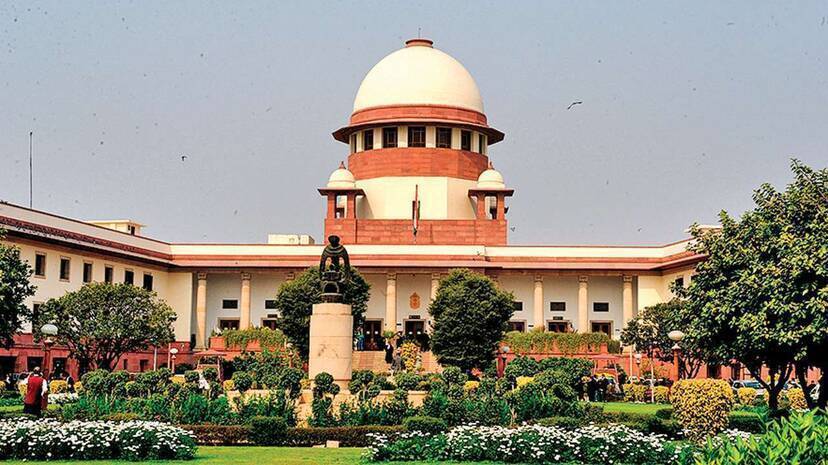

NEW DELHI: The Supreme Court on Thursday said that the Governor cannot override the Legislature by withholding the bills and cannot obstruct the state's legislation. The landmark judgment was delivered by a bench headed by Chief Justice DY Chandrachud. The court also held that if the legislature passes the bill again, the Governor has the responsibility to sign it.
The Supreme Court issued the order on the petition filed by the Punjab government against the Governor of Punjab. The order makes it clear that the Governor is only the symbolic head of the state and the real power rests with the elected representatives.
Article 200 of the Constitution of India does not explain what the next step is if the Governor withholds a bill passed by the state legislature without giving his assent. The apex court issued the crucial verdict in this context.
"The Governor, as an unelected Head of State, is entrusted with certain constitutional powers. However, this power cannot be used to thwart the normal course of lawmaking by the state legislatures. In a parliamentary form of democracy, real power vests in the elected representatives of the people. The governments, both in the States and at the Centre, consist of members of the State Legislature and, as the case may be, Parliament," the court said.